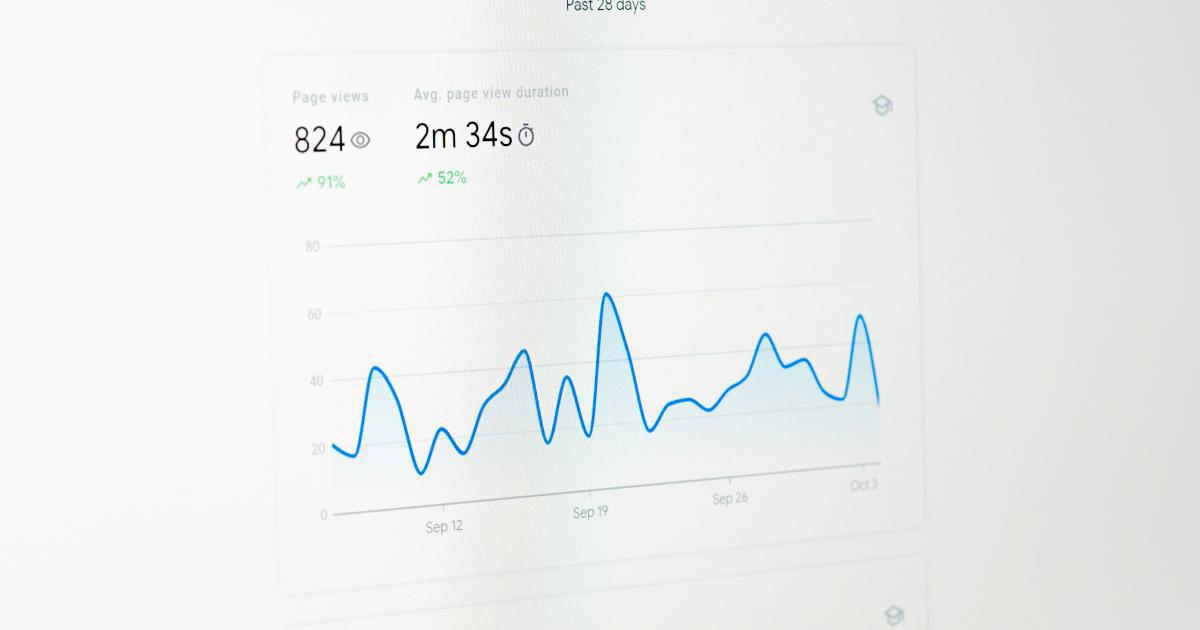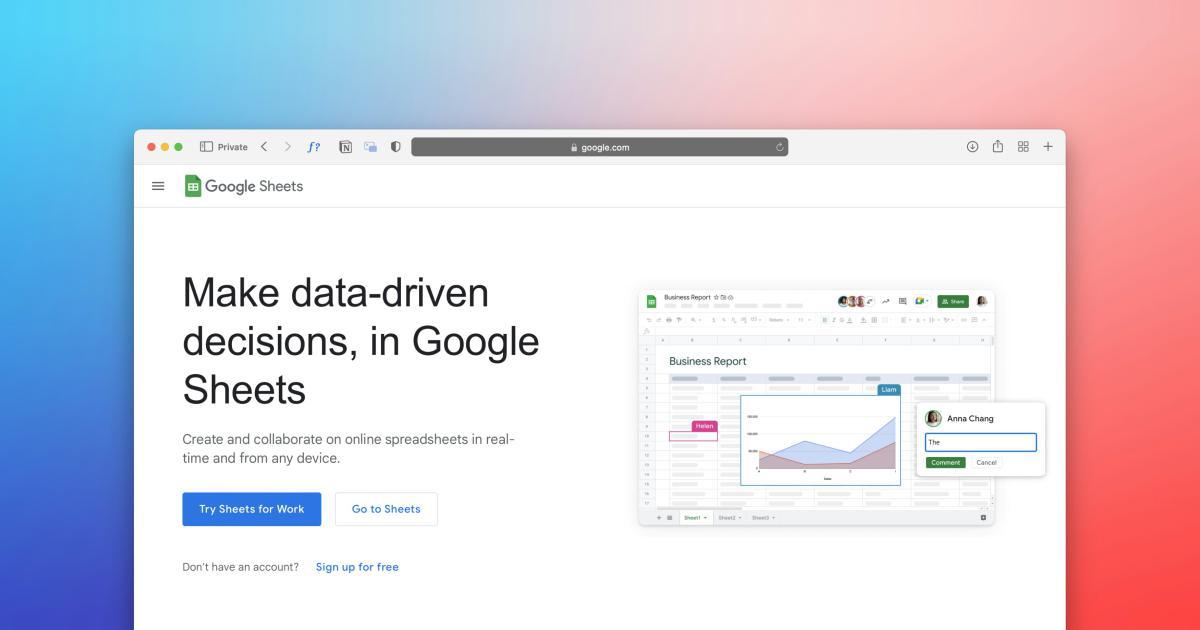How to Easily Rank Higher in Local Search Results


Introduction: The Importance of Local Search Optimization
In today's digital landscape, being visible in local search results is crucial for businesses of all sizes. With the growing dominance of mobile devices and the increasing importance of hyper-local search, optimizing your online presence for local search is no longer a nice-to-have, but a necessity. Consumers are constantly searching for businesses, products, and services in their immediate vicinity, and if your company doesn't appear in these local search results, you're missing out on valuable opportunities to connect with potential customers.

Ranking higher in local search results can have a significant impact on your business's success. It can lead to increased website traffic, more foot traffic to your physical location, and ultimately, higher sales and revenue. In this comprehensive guide, we'll explore the strategies and tactics you can use to easily rank higher in local search results and gain a competitive edge in your local market.
Understanding the Local Search Ecosystem
To effectively rank higher in local search, it's essential to understand the key elements that make up the local search ecosystem. This includes factors such as:
Local Search Ranking Factors
Search engines like Google use a variety of factors to determine the ranking of local businesses in search results. Some of the most important local search ranking factors include:
- NAP (Name, Address, Phone Number) Consistency: Ensuring your business's NAP information is consistent across all online listings and directories.
- Google My Business Optimization: Fully optimizing your Google My Business (GMB) profile with accurate and complete information.
-  - Reviews and Ratings: Encouraging and responding to customer reviews, as they can significantly impact your local search rankings.
- Proximity to the Searcher: The physical distance between your business and the user's location.
- Relevance: How well your business matches the searcher's query and their local intent.
- Citations and Backlinks: Building high-quality citations (online listings) and earning backlinks from relevant local sources.
Local Search User Behavior
Understanding how local search users behave and what they expect from search results is crucial for your optimization efforts. Some key insights into local search user behavior include:
- Mobile-First Mindset: Most local searches are conducted on mobile devices, so your website and online presence must be optimized for mobile.
- Immediate Needs: Local searchers are often looking for businesses that can fulfill their immediate needs, such as a nearby restaurant or a plumber for a urgent repair.
- Hyper-Local Focus: Local searchers tend to have a very specific geographic focus, often searching for businesses within a few miles of their current location.
- Reviews and Ratings Matter: Local search users heavily rely on reviews and ratings to evaluate the quality and trustworthiness of local businesses.

By understanding these key elements of the local search ecosystem, you can tailor your optimization strategies to better meet the needs and expectations of your target audience.
Optimizing Your Google My Business Listing
One of the most important steps in ranking higher in local search results is to optimize your Google My Business (GMB) listing. GMB is a free tool provided by Google that allows you to manage your business's online presence across Google Search and Maps.
Claim and Verify Your GMB Listing
The first step is to claim and verify your GMB listing. If your business already has a listing, you'll need to claim it and verify your ownership. If your business doesn't have a listing yet, you'll need to create one and go through the verification process.

Optimize Your GMB Profile
Once your GMB listing is claimed and verified, it's time to optimize it. This includes:
- Providing Accurate and Complete Information: Fill out all the details about your business, such as your name, address, phone number, business hours, and a detailed description.
- Uploading High-Quality Photos: Add a variety of photos that showcase your business, products, and services.
- Selecting the Correct Business Category: Choose the most relevant primary and secondary business categories to accurately represent your company.
- Enabling Messaging and Booking: Allow customers to message you directly and, if applicable, offer online booking or appointment scheduling.
- Responding to Reviews: Engage with customers by promptly responding to both positive and negative reviews.

By taking the time to fully optimize your GMB listing, you'll significantly improve your chances of ranking higher in local search results and capturing the attention of potential customers.
Improving Your Website's Local Search Optimization
While a well-optimized GMB listing is crucial, your website also plays a crucial role in your local search ranking. Here are some key strategies to improve your website's local search optimization:
Incorporate Local Keywords
Identify and incorporate relevant local keywords throughout your website, including in your page titles, headings, content, and meta tags. This helps search engines understand the local relevance of your business.

Create Location-Specific Pages
If your business has multiple locations, create dedicated pages for each location with unique, location-specific content. This not only helps with local search, but also provides a better user experience for customers searching for a specific branch or store.

Optimize for Mobile
Ensure your website is mobile-friendly and provides a seamless user experience on smartphones and tablets. This is particularly important for local search, as a significant portion of these queries come from mobile devices.

Implement Schema Markup
Use schema markup, a form of structured data, to provide search engines with more detailed information about your business, products, and services. This can help improve the visibility and understanding of your local business in search results.

Earn Relevant Backlinks
Acquire high-quality backlinks from authoritative and relevant local sources, such as local directories, industry associations, and complementary businesses. These links can signal to search engines that your business is a trusted and reputable local entity.

By focusing on these key website optimization strategies, you can significantly boost your local search rankings and ensure your business is easily found by potential customers in your local area.
Leveraging Local Citations and Directory Listings
Building a strong local citation profile is another crucial component of improving your local search visibility. Local citations are references to your business's NAP (name, address, and phone number) on other websites, such as online directories, industry-specific websites, and local media.
Identify and Claim Relevant Local Directories
Start by identifying the most relevant local directories and industry-specific websites where your business should have a presence. This can include platforms like Yelp, Yellow Pages, Foursquare, and local chamber of commerce websites.

Ensure NAP Consistency Across Listings
Consistency is key when it comes to local citations. Ensure that your business's NAP information is accurately and consistently displayed across all your online listings. Any discrepancies can negatively impact your local search rankings.

Optimize Your Directory Listings
Once you've claimed your listings, take the time to fully optimize them. This includes adding detailed business descriptions, relevant categories, photos, hours of operation, and other relevant information.

Monitor and Maintain Your Citations
Regularly monitor your local citations to ensure the information remains accurate and up-to-date. If you notice any changes or discrepancies, promptly update the listings to maintain consistency.

By building a comprehensive and accurate local citation profile, you'll not only improve your local search rankings but also enhance your overall online visibility and credibility.
Encouraging and Responding to Customer Reviews
Customer reviews play a significant role in local search rankings. Search engines view positive reviews as a sign of a business's quality and trustworthiness, which can directly impact its position in local search results.
Encourage Customers to Leave Reviews
Actively encourage your customers to leave reviews on platforms like Google, Yelp, and Facebook. This can be done through in-store signage, email follow-ups, or by simply asking satisfied customers to share their experience.

Respond to All Reviews
It's essential to respond to both positive and negative reviews in a timely and professional manner. Responding to reviews shows customers that you value their feedback and are committed to providing excellent service.

Address Negative Reviews Thoughtfully
When dealing with negative reviews, it's important to address the customer's concerns in a calm and constructive way. Avoid defensive or confrontational responses, and instead, focus on resolving the issue and showcasing your commitment to customer satisfaction.

By actively managing your online reviews, you'll not only improve your local search rankings but also build trust and credibility with potential customers.
Leveraging Local Content and Social Media
Creating and promoting local content can be a powerful strategy for improving your local search visibility. This includes both on-site content and social media engagement.
Produce Localized Content
Create content that is specifically tailored to your local audience. This can include blog posts about local events, news, or industry trends, as well as guides and resources that cater to the needs of your local community.

Optimize Local Content for Search
Ensure your local content is optimized for search by incorporating relevant local keywords, providing detailed location information, and using schema markup to enhance its visibility in local search results.

Engage with Your Local Community on Social Media
Actively participate in local social media groups, forums, and conversations. Share relevant local content, engage with your followers, and build relationships with other local businesses and community members.

Collaborate with Local Influencers and Partners
Explore opportunities to collaborate with local influencers, industry experts, or complementary businesses. This can include guest blogging, co-hosting events, or cross-promoting each other's products and services.

By leveraging localized content and social media engagement, you can establish your business as a trusted and engaged member of the local community, which can positively impact your local search rankings.
Tracking and Measuring Your Local Search Performance
To ensure the effectiveness of your local search optimization efforts, it's essential to track and measure your performance. This will help you identify areas for improvement and make data-driven decisions to refine your strategies.
Monitor Your Google My Business Insights
Regularly check your GMB insights to track key metrics such as views, clicks, and direction requests. This data can provide valuable insights into how customers are interacting with your business on Google.

Analyze Your Website's Local Search Traffic
Use tools like Google Analytics to monitor the local search traffic to your website. Analyze metrics such as location-based pageviews, bounce rates, and conversion rates to understand how your local optimization efforts are performing.

Track Your Local Search Rankings
Regularly monitor your business's rankings in local search results for your target keywords and locations. This can be done using tools like BrightLocal, Moz Local, or SEMrush.

Review and Refine Your Strategies
Analyze the data you've collected and use it to identify areas for improvement. Continuously refine your local search optimization strategies, testing different approaches and measuring the impact on your rankings and local visibility.

By consistently tracking and measuring your local search performance, you can make data-driven decisions to optimize your strategies and maintain a strong online presence in your local market.
Conclusion: Embracing Local Search Optimization for Business Growth
In today's hyper-connected world, local search optimization is no longer a luxury, but a necessity for businesses of all sizes. By following the strategies and best practices outlined in this comprehensive guide, you can effectively rank higher in local search results and connect with your target audience in your local market.
Remember, local search optimization is an ongoing process that requires continuous effort and refinement. Stay up-to-date with the latest trends and algorithm changes, and be prepared to adapt your strategies as needed. By consistently focusing on improving your local search visibility, you'll be able to attract more customers, drive more foot traffic, and ultimately, grow your business.

Are You Crushing It in Internet Marketing?
Struggling to boost your online visibility and traffic? Semrush is the ultimate platform for digital marketers like you. With powerful SEO tools and competitive data insights, you can optimize your website, content, and campaigns for maximum impact.
Join over 7 million marketers already using Semrush to outrank their competitors, drive more qualified leads, and grow their businesses online. Get started today with a 7-day free trial, and unlock the full potential of your internet marketing strategy.
Unlock the Power of SEO with Semrush
Are you struggling to boost your online visibility and drive more traffic to your website? Semrush has the solution.
Our comprehensive platform offers advanced keyword research, competitor analysis, and SEO audits, empowering you to optimize your content and outrank your competition.